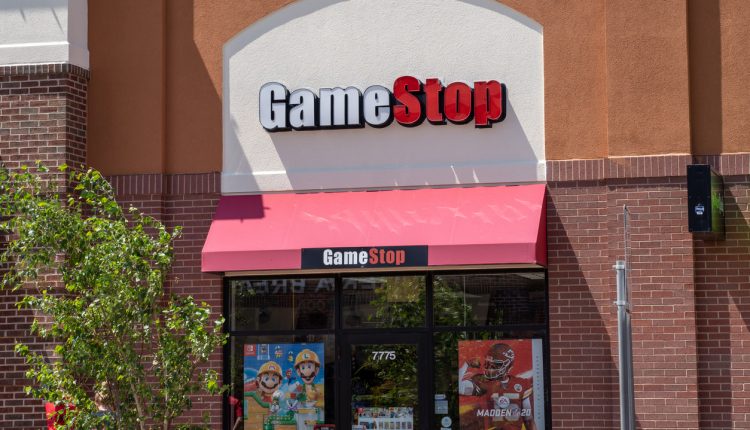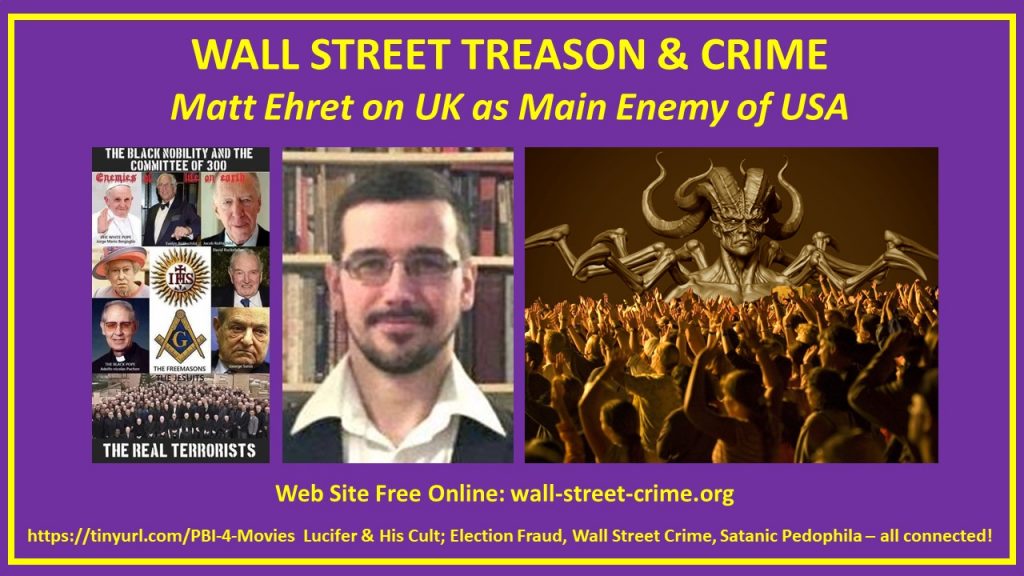New obligations to protect UK’s art market from money laundering
Mary-Alice Stack, 20 May 2021
 The value of the UK art market is estimated at c.£10 billion per annum and represents 20% of global art trade. The size of our market share (second only to the USA, alongside China) has been long recognised as a key strength of the UK’s creative economy. But the Government’s latest National Risk Assessment from December 2020 puts it at high risk of money laundering. But what exactly is money laundering, and how does it impact on the art market?
The value of the UK art market is estimated at c.£10 billion per annum and represents 20% of global art trade. The size of our market share (second only to the USA, alongside China) has been long recognised as a key strength of the UK’s creative economy. But the Government’s latest National Risk Assessment from December 2020 puts it at high risk of money laundering. But what exactly is money laundering, and how does it impact on the art market?
Money laundering is the process by which the financial proceeds of criminal activity are dealt with in a way that makes those funds appear lawful. At its most basic, this can happen when criminals buy art with dirty money then resell it – or use it as collateral for a loan. Continue reading “Article: New obligations to protect UK’s art market from money laundering”

 Authorities in Europe have dismantled several investment fraud schemes across the continent and recovered some of the money victims lost. Confiscation of proceeds from crimes is a strategic priority of the European Union, Europol said.
Authorities in Europe have dismantled several investment fraud schemes across the continent and recovered some of the money victims lost. Confiscation of proceeds from crimes is a strategic priority of the European Union, Europol said. The UK’s Serious Fraud Office (SFO) has gone public investigating charges that Sanjeev Gupta’s GFG Alliance (Gupta Family Group Alliance) holding company and subsidiaries, such as Liberty Steel, has been involved in fraud, fraudulent trading and money laundering.
The UK’s Serious Fraud Office (SFO) has gone public investigating charges that Sanjeev Gupta’s GFG Alliance (Gupta Family Group Alliance) holding company and subsidiaries, such as Liberty Steel, has been involved in fraud, fraudulent trading and money laundering. Tycoon Sanjeev Gupta’s commodities empire is being investigated by Britain’s Serious Fraud Office in a probe that encompasses the conglomerate’s links to collapsed lender Greensill Capital, the SFO said on Friday.
Tycoon Sanjeev Gupta’s commodities empire is being investigated by Britain’s Serious Fraud Office in a probe that encompasses the conglomerate’s links to collapsed lender Greensill Capital, the SFO said on Friday. As cases of fraud and money laundering rose during the pandemic last year, banks in the UK faced unforeseen challenges. In a new study by global analytics software provider FICO and independent research firm OMDIA, 79 per cent of respondents from UK banks said that working from home had a high or major impact on the effectiveness of their financial crime prevention.
As cases of fraud and money laundering rose during the pandemic last year, banks in the UK faced unforeseen challenges. In a new study by global analytics software provider FICO and independent research firm OMDIA, 79 per cent of respondents from UK banks said that working from home had a high or major impact on the effectiveness of their financial crime prevention. The GameStop saga stopped the stock market in its tracks earlier this year, with wealthy hedge funds losing millions of pounds. The move was orchestrated on a subreddit thread, with vast numbers of average investors joining forces to push up the share price.
The GameStop saga stopped the stock market in its tracks earlier this year, with wealthy hedge funds losing millions of pounds. The move was orchestrated on a subreddit thread, with vast numbers of average investors joining forces to push up the share price.